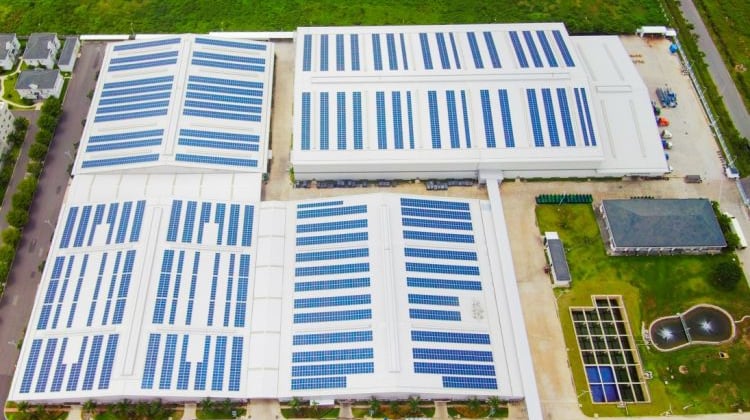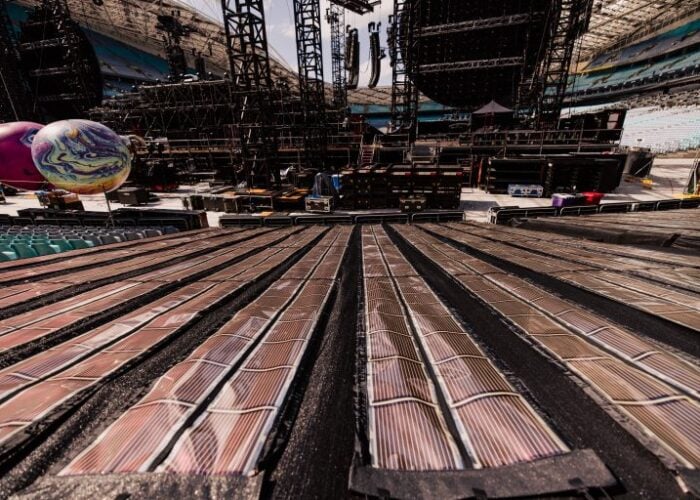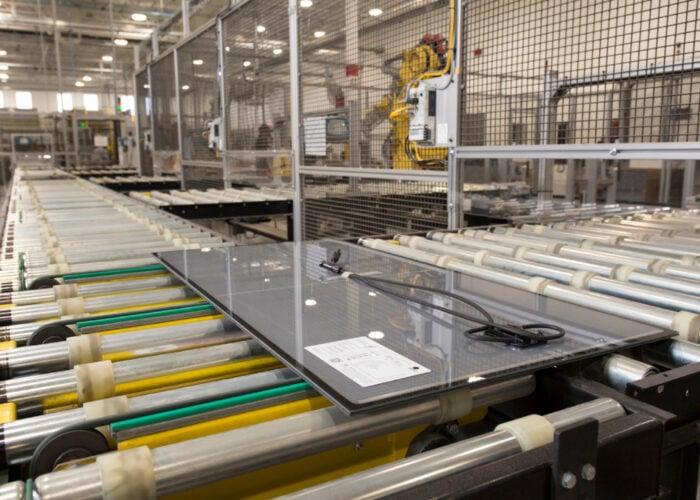
Vietnam officials have teased new details of a scheme designed to replace the country’s successful solar feed-in tariff (FiT) policy.
Local media reports have cited Pham Nguyen Hung, deputy director of the electricity and renewable energy department of Vietnam’s Ministry of Industry and Trade as having provided new details of the scheme at an online seminar earlier this week.
Try Premium for just $1
- Full premium access for the first month at only $1
- Converts to an annual rate after 30 days unless cancelled
- Cancel anytime during the trial period
Premium Benefits
- Expert industry analysis and interviews
- Digital access to PV Tech Power journal
- Exclusive event discounts
Or get the full Premium subscription right away
Or continue reading this article for free
Vietnam’s previous FiT policy, which incentivised solar installations to the tune of US$0.083c/kWh, was closed to new installations as of 31 December 2020, but not before triggering a boom in installations that saw more than 6.7GW of solar installed in December 2020 alone. Initial plans to replace the so-called FiT2 policy with reduced payments of between US$0.052 – 0.058/kWh did not materialise.
That sharp increase in installations towards the end of 2020 has led to fears of grid congestion in Vietnam, especially around peak generation hours, with further reports of solar curtailment across the country. However the absence of a successor scheme to FiT2 has stymied investment in Vietnam’s solar sector.
At an event organised by PV Tech publisher Solar Media earlier this summer, investors said Vietnam remains a destination of interest for solar finance, but stressed that market saturation was prominent among concerns.
Speaking earlier this week, Hung said a draft decision is being worked upon that would replace the previous payment mechanism with two separate tariffs set at different rates, one for solar to be consumed on site and another payment for power exported to Vietnam’s grid. The self-consumption payment would be for between 70 – 90% of power generated by projects, with the remaining 10 – 30% allocated for export payments.
Rates would be set each year by the Ministry of Industry and Trade, allowing the government to control both payments to asset owners and protect transmission and distribution grids from an influx of solar installations.
More details are expected to be published once other government departments and ministries have had the opportunity to contribute towards the policy’s design.






